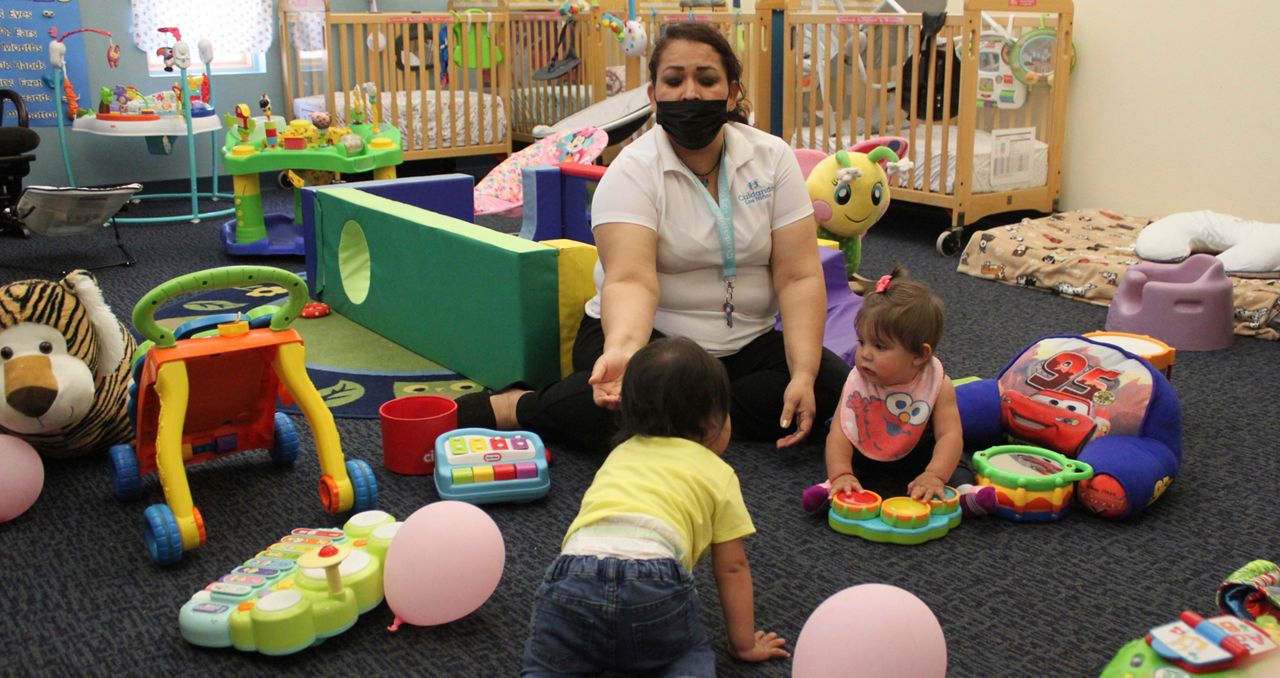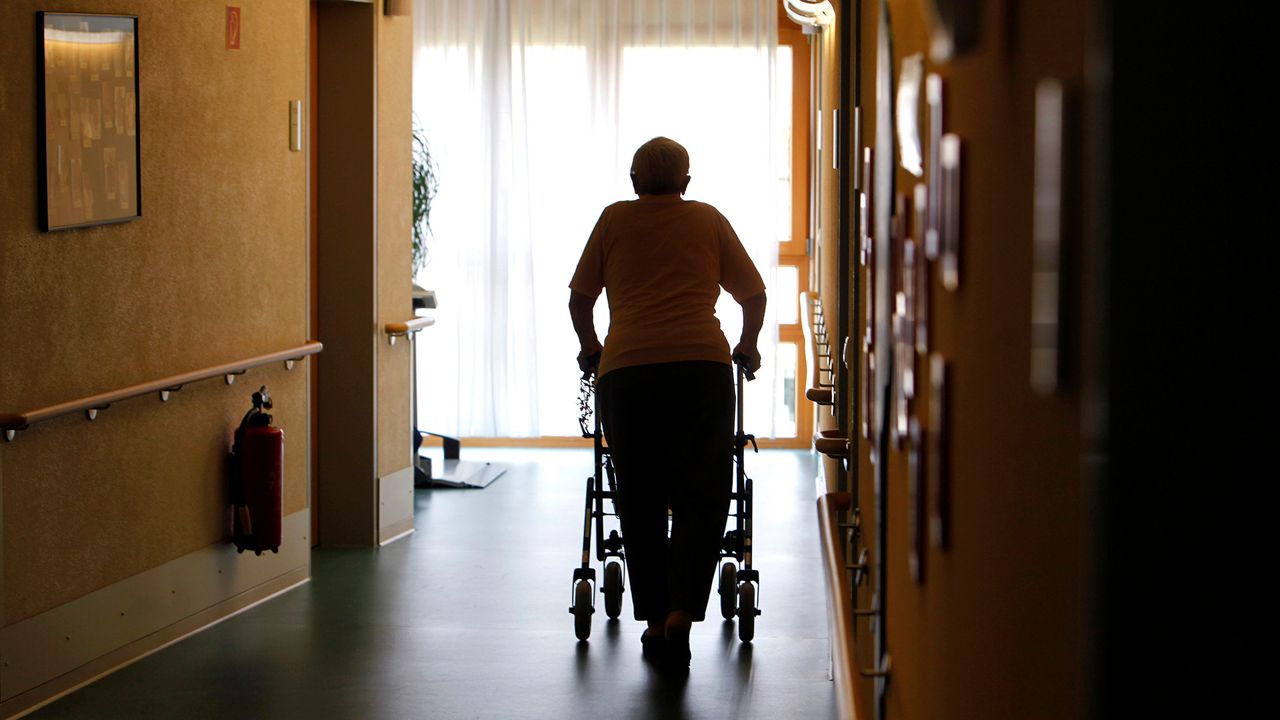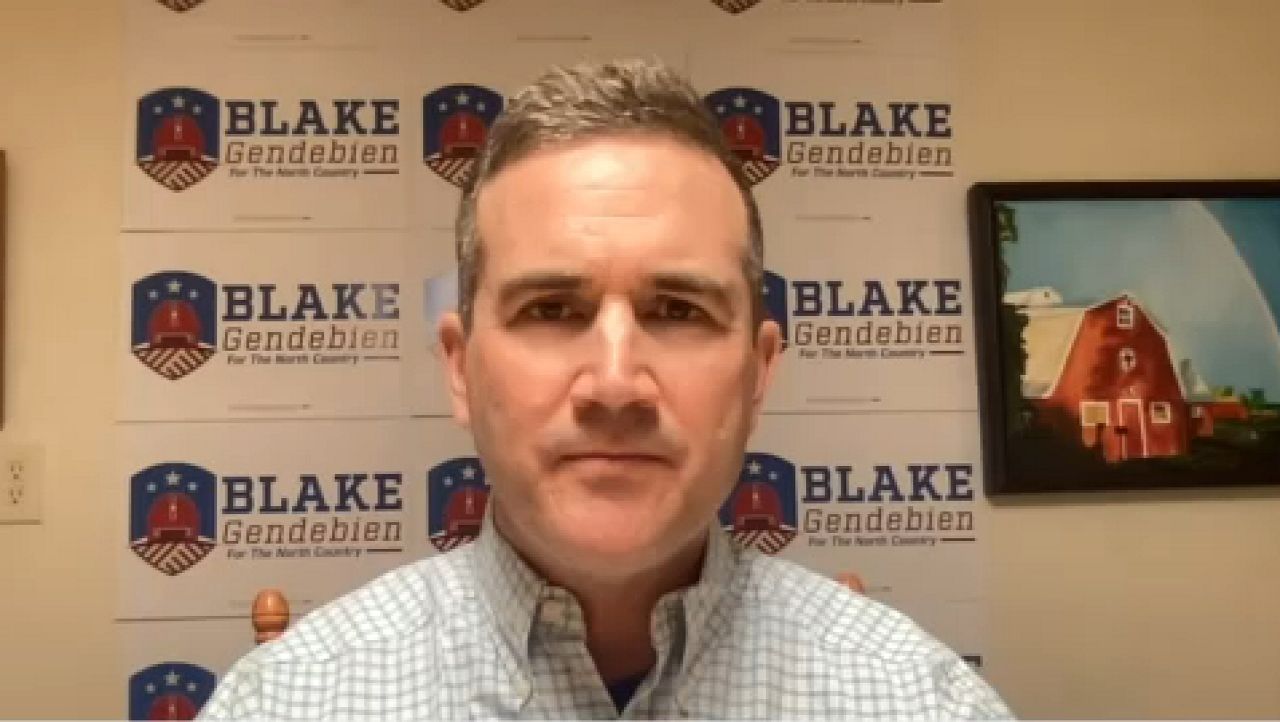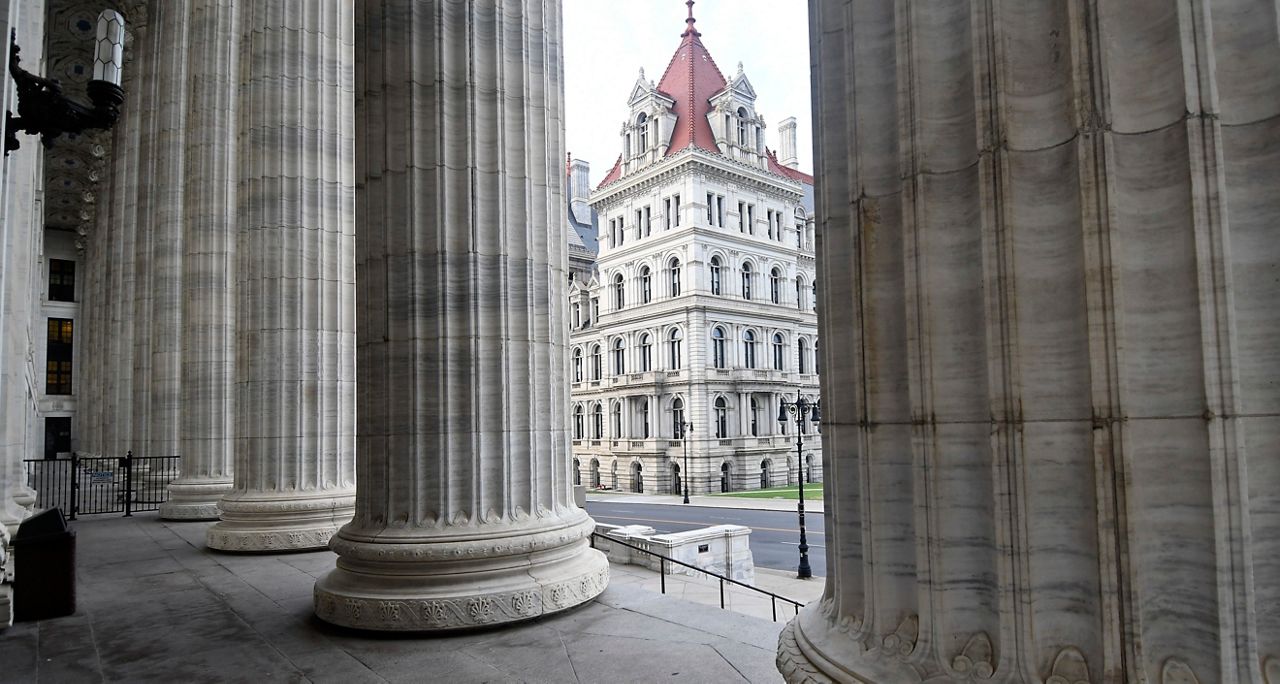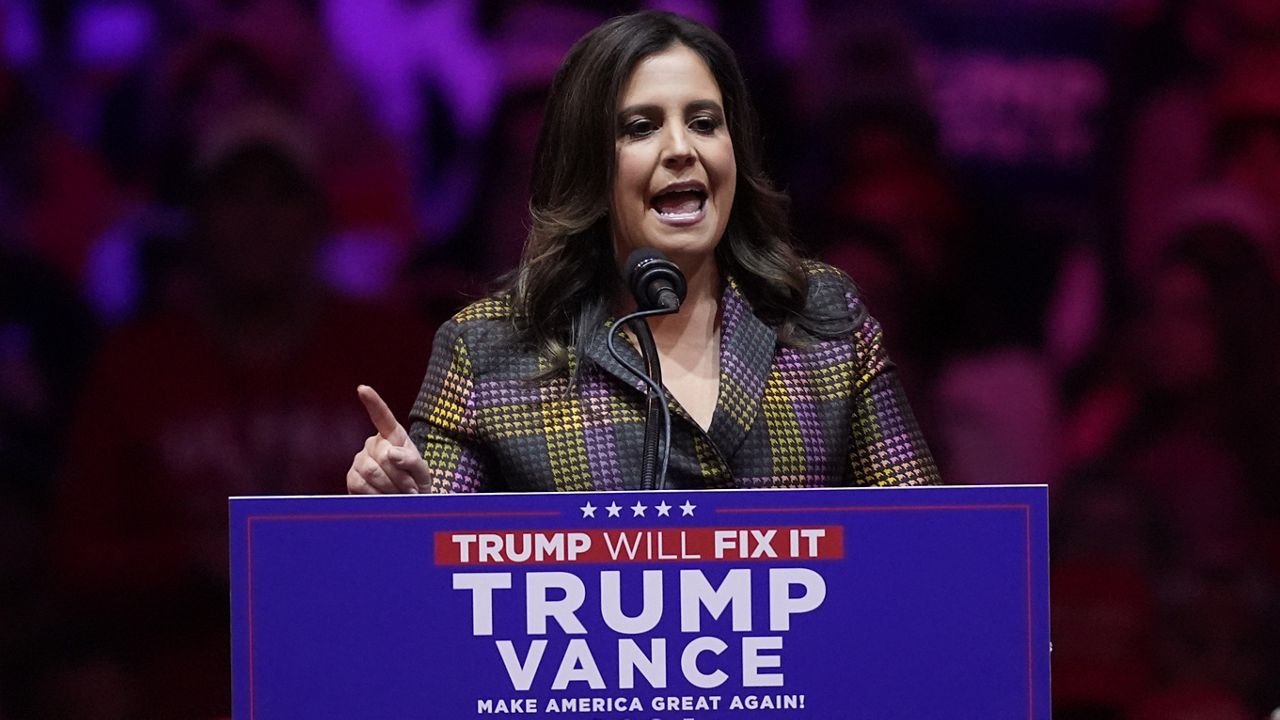More than a year ago, county leaders across the state declared states of emergency in response to asylum seekers being relocated outside of New York City. While these orders have been allowed to expire in some counties, others are being extended despite the number of relocations trailing off.
Citing strained resources, pre-existing homelessness issues and public safety concerns, most county leaders issued emergency orders, preventing or limiting migrants from being brought to their respected communities.
“We have seen an influx of people needing direct services and case management assistance,” said Diana Campos, who helps lead Columbia County Sanctuary.
Dozens of people have been brought back to New York City and some emergency orders have lapsed. A state Supreme Court decision in December saying short-term rentals hotels and motels are not allowed to operate as a homeless shelter.
“A lot of these executive orders address those particular industries,” said New York State Association of Counties Executive Director Stephen Acquario. “It’s not really based on New York City, it’s based on the hotels that are located within their counties, it’s a power they have locally.”
Per the state’s Division of Homeland Security and Emergency Services, more than 20 counties have some sort of emergency order still in place. There are others like Chautauqua County that have not self-reported its measures to the state, which they’re not required to do.
“I’m overall disappointed that a lot of the national conversations and lies that have been put out are now being seen here,” Campos said.
But county leaders say emergency orders help protect community resources should the migrant situation in New York City and across the state change.
“For some counties, they are litigating against the hotel industry, the City of New York,” Acquario explained. “Seeking a permanent injunction so the City of New York can never do this ever again.”
In the meantime, advocacy organizations are continuing work to help migrants make a smooth transition.
“The people who have arrived here to our community are here because they often have viable asylum cases and have big goals of contributing to our community,” Campos said.
Acquario believes the Empire State is disproportionately impacted by policies along the southern border. He hopes the federal government takes note with New York City spending more than $10 billion to address the inflow of migrants, not to mention the billion contributed to the situation by the state.







